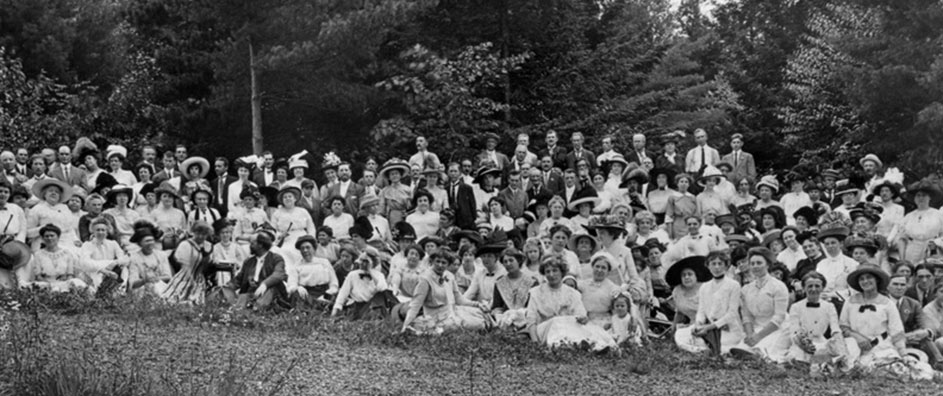The Baha’i Unity Feast, aptly entitled “One Spirit: One Purpose,” is a celebration of community, love, and collective aspiration within the Baha’i Faith. This distinctive event epitomizes the ethos of unity and collaboration, which is the cornerstone of Baha’i teachings. Recognizing the essential tenets of this gathering provides insight into its profound significance and the universal principles it seeks to promote.
The Unity Feast is a reflection of the Baha’i tenet that emphasizes unity among diverse peoples, suggesting that while individuals may possess distinct cultural or national identities, they can collectively participate in a harmonious spiritual fellowship. This gathering transcends cultural barriers and brings together individuals from various backgrounds, reinforcing the belief that humanity is one interconnected family, regardless of differences.
At the heart of the Unity Feast is the idea of oneness—not just in the context of spiritual fellowship, but also in the dedication to a shared vision for humanity. The title “One Spirit: One Purpose” encapsulates the collective aspiration that all participants strive to embody. This gathering serves as a microcosm of Baha’i principles, demonstrating how individuals can dissolve the barriers of prejudice and division that often plague society. The Baha’i Faith asserts that unity must be rooted in a profound spiritual foundation, which is developed and nurtured through gatherings like the Unity Feast.
The Unity Feast typically comprises three main elements: worship, consultation, and fellowship. Each of these aspects contributes to the overarching goal of fostering an environment in which participants can develop deeper social and spiritual connections. The worship segment, often characterized by prayers and hymns, creates a sobering yet uplifting atmosphere. This spiritual invocation naturally connects participants to the Divine and to one another, establishing a sense of shared purpose that is fundamental to collective endeavors.
The next essential component is consultation, which constitutes a pivotal facet of Baha’i community life. It provides an opportunity for participants to engage in meaningful conversations about community issues, projects, and aspirations. This process is steeped in principles of respect, humility, and open-mindedness; each participant is encouraged to express their thoughts freely while valuing the perspectives of others. Herein lies the beauty of the Unity Feast: it nurtures a space where everyone’s voice is validated and where unity can flourish through collaborative dialogue. This is especially crucial in modern times, where societal divisions often lead to despair and disconnection.
Fellowship serves as the final dimension of the Unity Feast. The social interaction that occurs during this portion of the gathering fosters camaraderie, strengthens relationships, and embodies the all-encompassing spirit of love and unity. Participants share food, laughter, and stories, forming bonds that extend beyond the event itself, reinforcing the notion that connection and solidarity are cornerstones of a thriving community.
One might wonder why the Unity Feast captivates individuals, both within and outside the Baha’i community. Beyond the surface-level enjoyment of food and company lies a deeper allure—a longing for belonging and shared purpose that resonates universally. In a world marked by fragmentation and social upheaval, the Unity Feast beckons as a beacon of hope, illustrating that unity is not merely theoretical but attainable through shared experiences and concerted efforts.
Furthermore, the Unity Feast embodies the Baha’i principle of service to humanity. By cultivating an atmosphere of selflessness and cooperation, attendees are often inspired to extend efforts toward positive change within their localities. This transformational aspect addresses a profound yearning; the desire to contribute to the betterment of society is a fundamental human inclination that the Unity Feast nurtures effectively. Through this event, individuals not only commune but also commit themselves to the pursuit of service, further enriching the collective spiritual narrative.
The confluence of spirituality, consultation, and social interaction indicates that the Unity Feast is not merely a festive event; rather, it is a spiritual experience that encapsulates the ideals of the Baha’i Faith and serves to uplift humanity. As participants engage with one another—sharing insights, laughter, and food—they embody the essence of what it means to be a Baha’i: to strive for oneness, to endeavor for collective progress, and to cultivate an atmosphere of unconditional love.
In conclusion, “One Spirit: One Purpose” is more than a tagline; it is the essence of the Unity Feast, encapsulating values that are paramount in the Baha’i Faith and addressing universal aspirations for unity, love, and service. The event serves as a resounding affirmation of the belief that humanity, regardless of race, creed, or background, can unite with a common purpose and spirit. The Baha’i Unity Feast thus stands as a profound illustration of the possibilities that arise when individuals come together to celebrate their shared humanity—a vivid reminder that in unity lies our collective strength and purpose.
